The Pathfinder RPG Beginner Box is scheduled for an October 26th release! Absolutely love this new box format and it’s contents! View a video of the box contents here.
Some products and features I’d like to see in the future now that we have the Beginner Box:
- Have the entire Bestiary 1 & Bestiary 2 set of monsters available as a cardstock counters (just use existing art from Bestiary), with monsters which appear in bulk (orcs, goblins, etc.) as standalone sets so you can get lots of them. I guarantee you I and many others would buy this. Also, have a large range of character portraits (again, just use existing art, and print the cardboard counters in China). Woohoo!
- Support running Pathfinder Society modules in ‘Basic/Beginner’ mode. This would do two things: 1) I know so many people who don’t care for extra rules like attacks of opportunity, combat maneuvers — how about just sanction running Pathfinder modules in this ‘Basic’ mode way, with the caveat that GM’s advertise this in their game announcements? And 2) It would allow GM’s to run Society modules for Levels 1-5 in ‘Beginner’ mode — so you can advertise ‘Newbie Friendly’ games which ALSO give you Pathfinder credit, yet don’t use rules like AoO, combat maneuvers, etc.I do know many of the ‘OSR’ crowd who currently won’t look at Pathfinder due to rules complexity might take a second look if in fact there was formal support for a ‘Basic’ mode as a longer-term, fully sanctioned form of play.
- Lastly, I’d love to see the 60-odd page Player Handbook (or whatever you called it) as well as the 4 character sheet dossiers available for purchase in PDF and/or hardcopy format. This way a GM can buy the beginner box once, but run literally dozens of ‘introduce newbie players to the game’ sessions by just buying the incremental parts they need rather than having to buy another box set each time they run an intro game. What a great way to get GM’s to evangelize the system! I also think this is a whole new market — I know many teenage type players who are willing to play but not willing to read a 500 page manual. If a GM were running a Beginner Box game, the GM or players could buy Player Manuals for each player. After they mastered that part they could move on to other books.
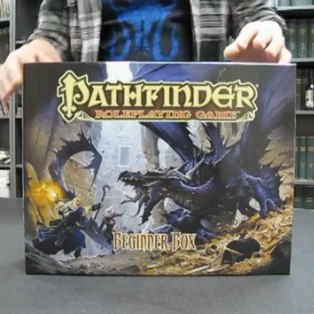

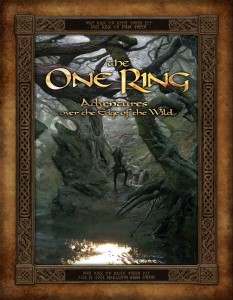
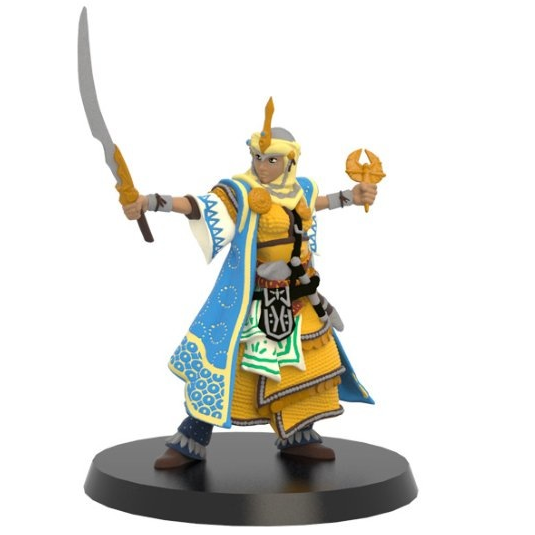
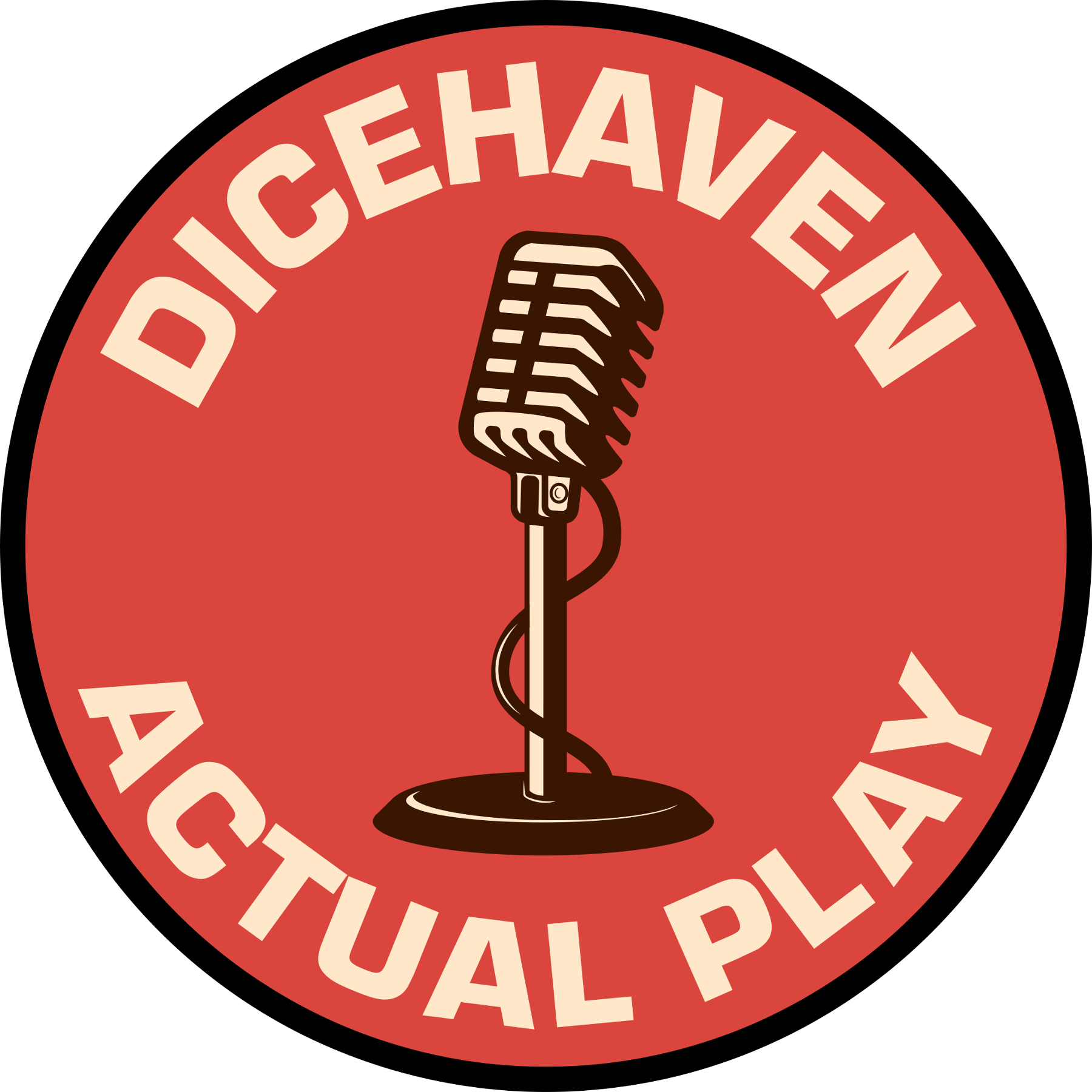
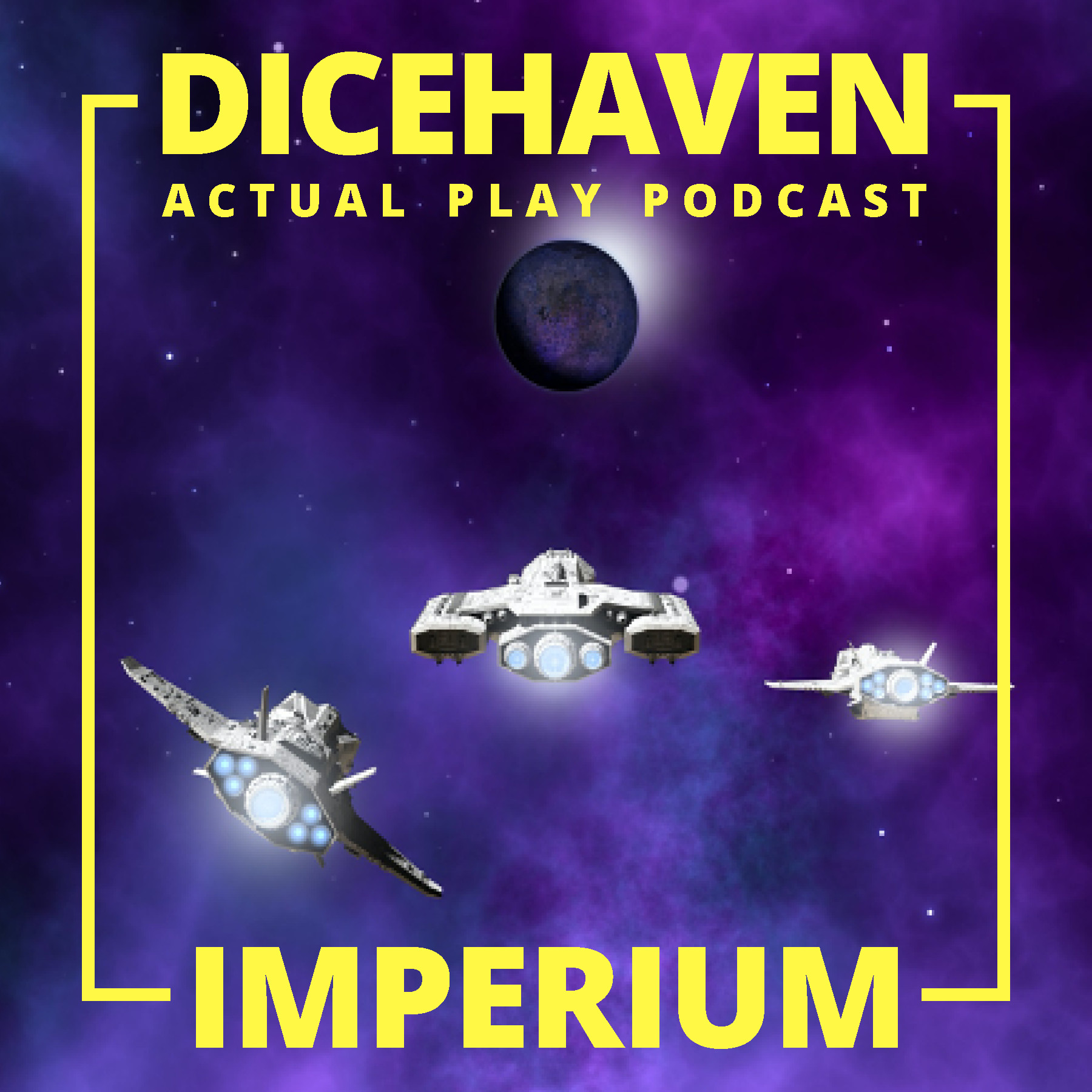
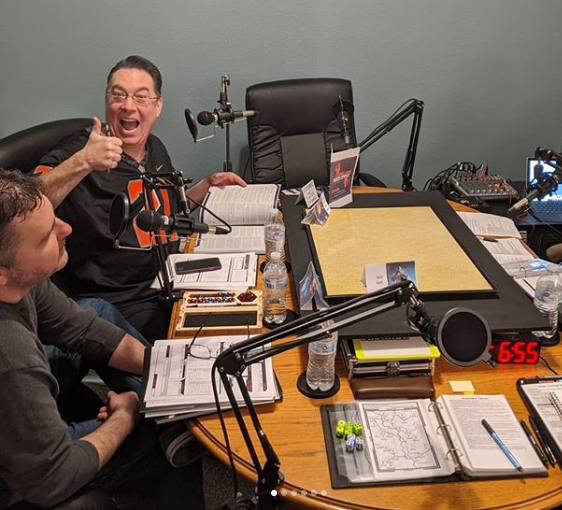
Recent Comments